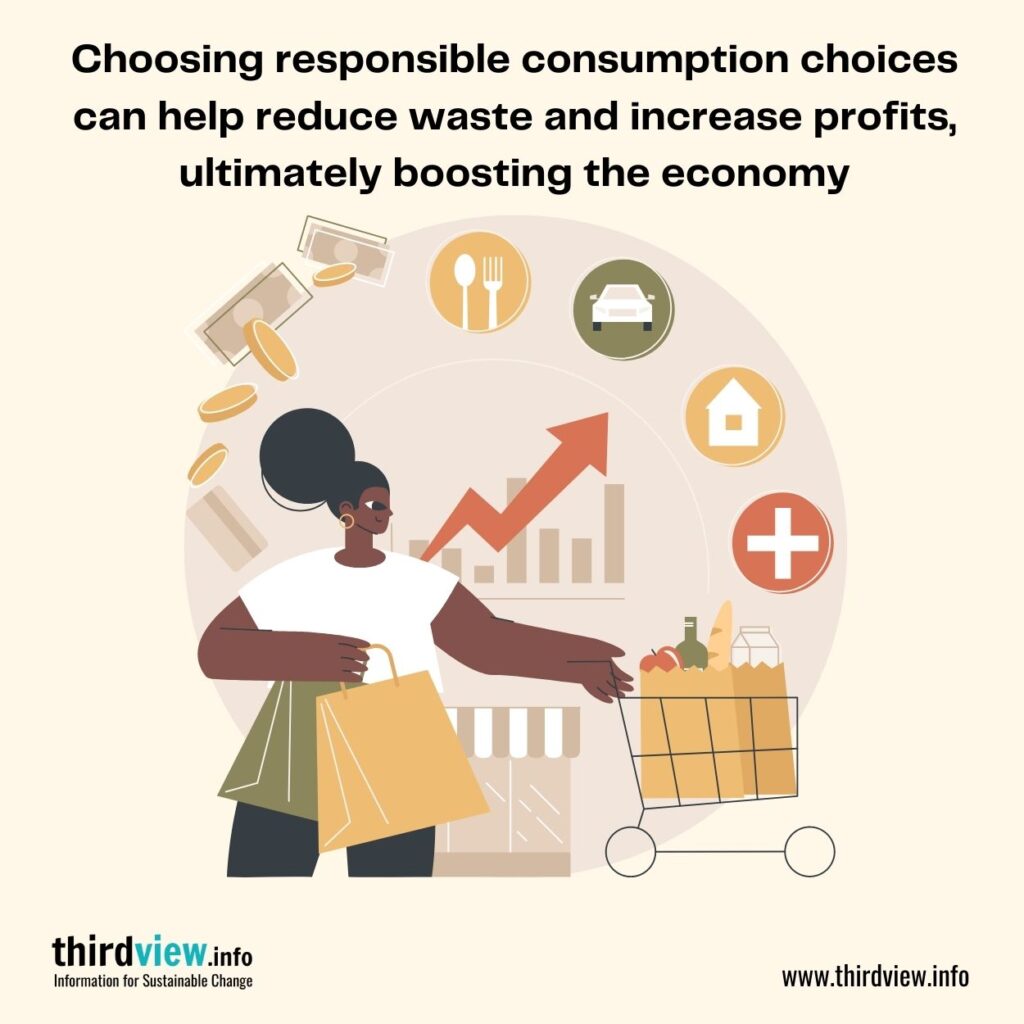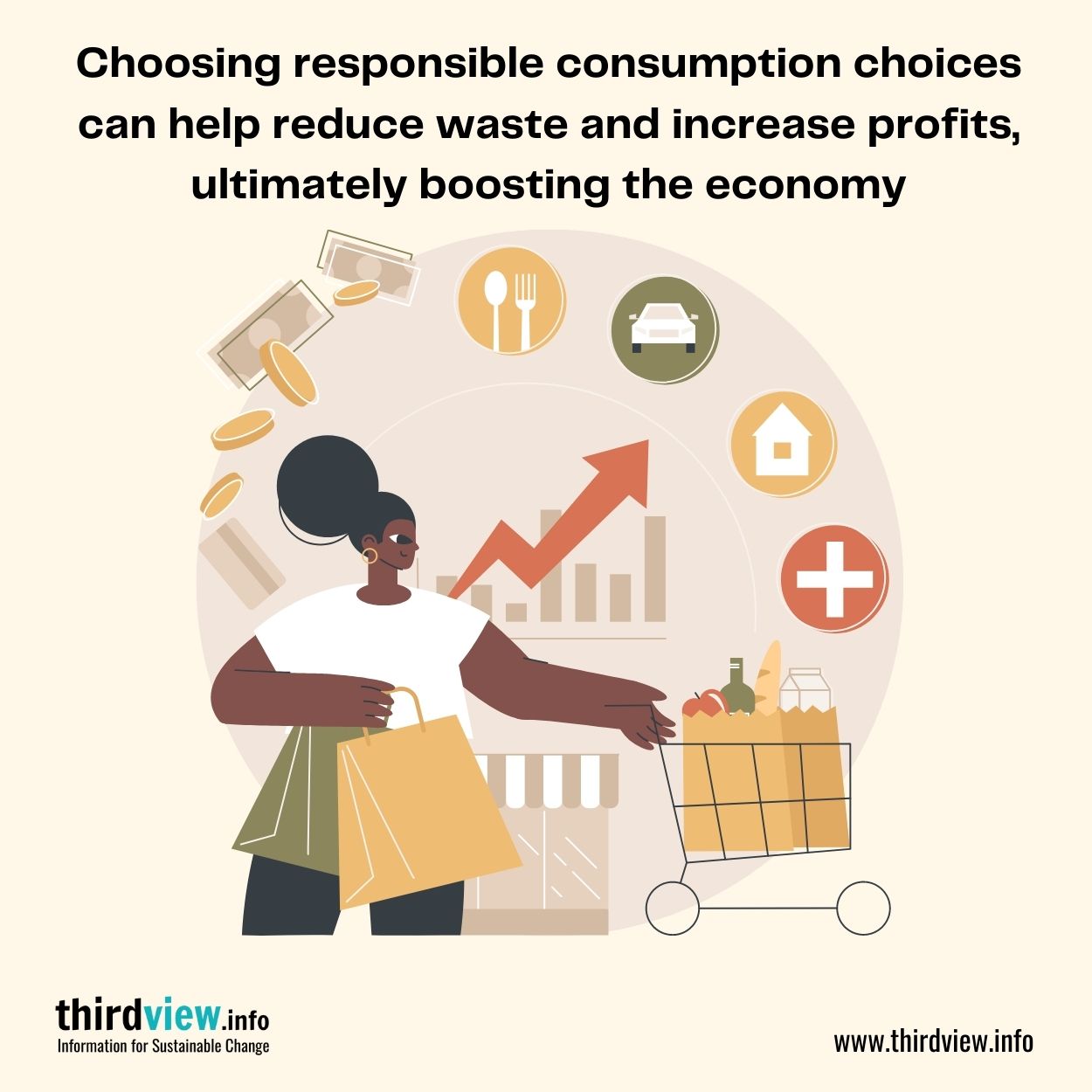We live in a world where consumption is a way of life. But what are the economic implications of responsible consumption? Understanding how our individual decisions shape the market can help us make more informed decisions when it comes to spending our money.
Responsible consumption means that we are mindful of where our products come from and how they are produced, as well as ensuring that we do not purchase more than we need. Responsible consumption can reduce waste, increase profits, and ultimately help to boost the economy. Let’s explore further how responsible consumption affects the economy.
The Impact of Responsible Consumption on Local Economies
Responsible consumption starts at home. Choosing to purchase goods and services from local businesses helps ensure that money circulates back into your local economy. This is especially important for small businesses, as they often don’t have the same access to capital as larger corporations. By choosing to shop locally, you help support small businesses and ensure that money stays in your community instead of going elsewhere. This helps create jobs and boosts your local economy in general.
The Impact of Responsible Consumption on Global Economies
Responsible consumption also has global implications. For example, when you purchase goods or services from companies that practice ethical labour policies, you are helping to ensure that workers around the world are treated fairly and compensated properly for their work. Additionally, buying products made with sustainable materials helps reduce your environmental impact while still allowing you to take advantage of global markets. When consumers make responsible choices, companies have an incentive to create better products and provide better services because they know they will be rewarded with repeat customers who value quality and sustainability over price alone.
The Impact of Responsible Consumption on Your Own Finances
Finally, being a responsible consumer can also pay off financially for you as an individual consumer. Making smart purchasing decisions by evaluating quality versus cost can help you save money in the long run—for example, investing in high-quality items that will last longer can be more cost-effective than buying cheap items that need to be replaced frequently due to wear and tear or breakage.
It pays to be a responsible consumer! Not only does it benefit local economies and global markets, but it can also benefit your own finances. Taking a few extra minutes to research products before making a purchase can help you save money while still being mindful about where your money goes and what kind of impact it has on both individuals and the environment. So next time you’re out shopping, remember—responsible consumption starts with each one of us.


